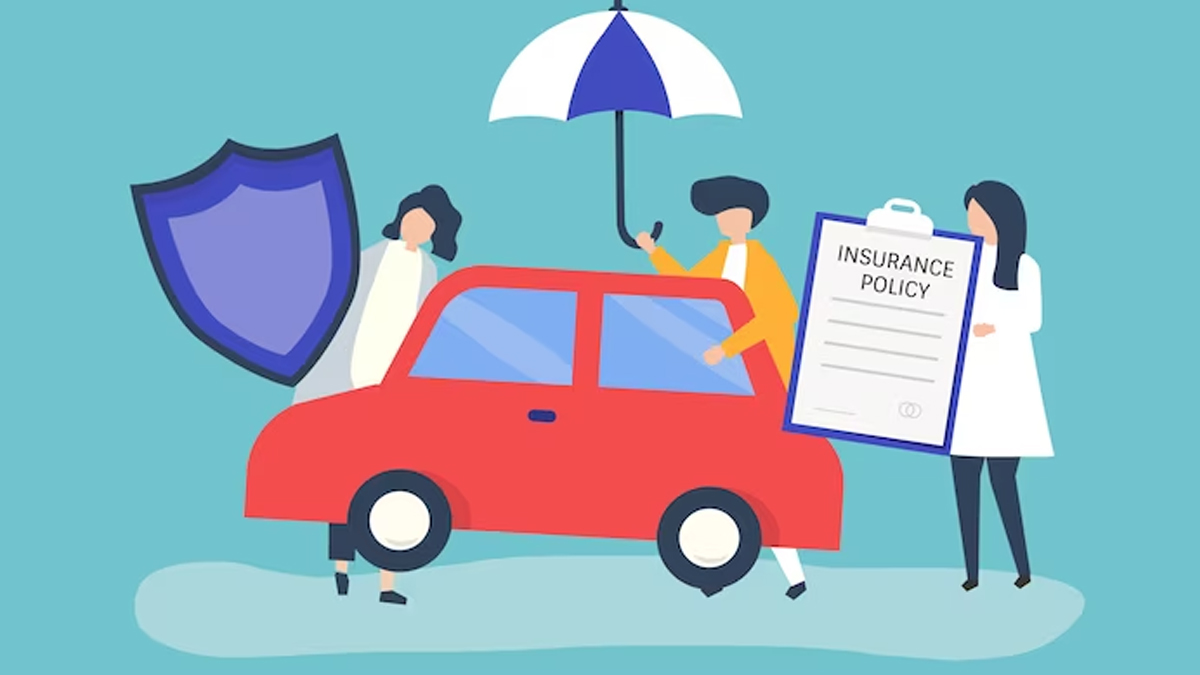Here is a general overview of how insurance companies handle claims for stolen vehicles and the legal options available to victims:
1. Insurance Claim Process:
- Report the Theft: The first step is for the vehicle owner to report the theft to the police immediately. A police report is usually required by insurance companies to process a stolen vehicle claim.
- Notify the Insurance Company: The vehicle owner should promptly inform their insurance company about the theft. They will need to provide details such as the police report, the vehicle’s make and model, the location and circumstances of the theft, and any other relevant information.
- Investigation: The insurance company will conduct its investigation to verify the claim. This may include reviewing the police report, examining any available evidence, and ensuring that the policy terms and conditions are met.
- Settlement: If the claim is approved, the insurance company will offer a settlement based on the policy coverage. This could include the actual cash value (ACV) of the vehicle at the time of the theft, minus any deductible.
2. Insurance Policy Considerations:
- Comprehensive Coverage: Stolen vehicles are typically covered under the comprehensive coverage of an auto insurance policy. However, the specific terms and conditions can vary, and it’s essential for the policyholder to understand the coverage limits and deductibles.
- Gap Insurance: If the stolen vehicle has an outstanding loan, gap insurance may cover the difference between the vehicle’s actual cash value and the remaining loan balance.
3. Legal Recourse for Victims:
- Civil Lawsuits: In some cases, victims may pursue civil lawsuits against individuals or entities they believe are responsible for the theft. For example, if the theft occurred due to negligent security measures at a parking facility, the facility owner might be held liable.
- Law Enforcement: The police will investigate the theft, and if the stolen vehicle is recovered, they will notify the owner. Cooperation with law enforcement is crucial throughout the process.
- Legal Consultation: Victims may seek legal advice to understand their rights and explore potential legal actions against third parties. Attorneys can help assess the situation and guide victims through any legal recourse available.
4. Preventive Measures:
- Vehicle Recovery Devices: Some insurance policies may offer discounts for the installation of anti-theft devices, such as GPS tracking systems or car alarms. These devices can aid in the recovery of stolen vehicles.
- Preventive Measures: Following recommended security measures, such as parking in well-lit areas, using steering wheel locks, and being cautious with key management, can help reduce the risk of theft.
It’s important for individuals to review their insurance policies carefully, understand the coverage, and take appropriate preventive measures to minimize the risk of vehicle theft. In case of theft, prompt reporting to both law enforcement and the insurance company is crucial for a smoother claims process.
